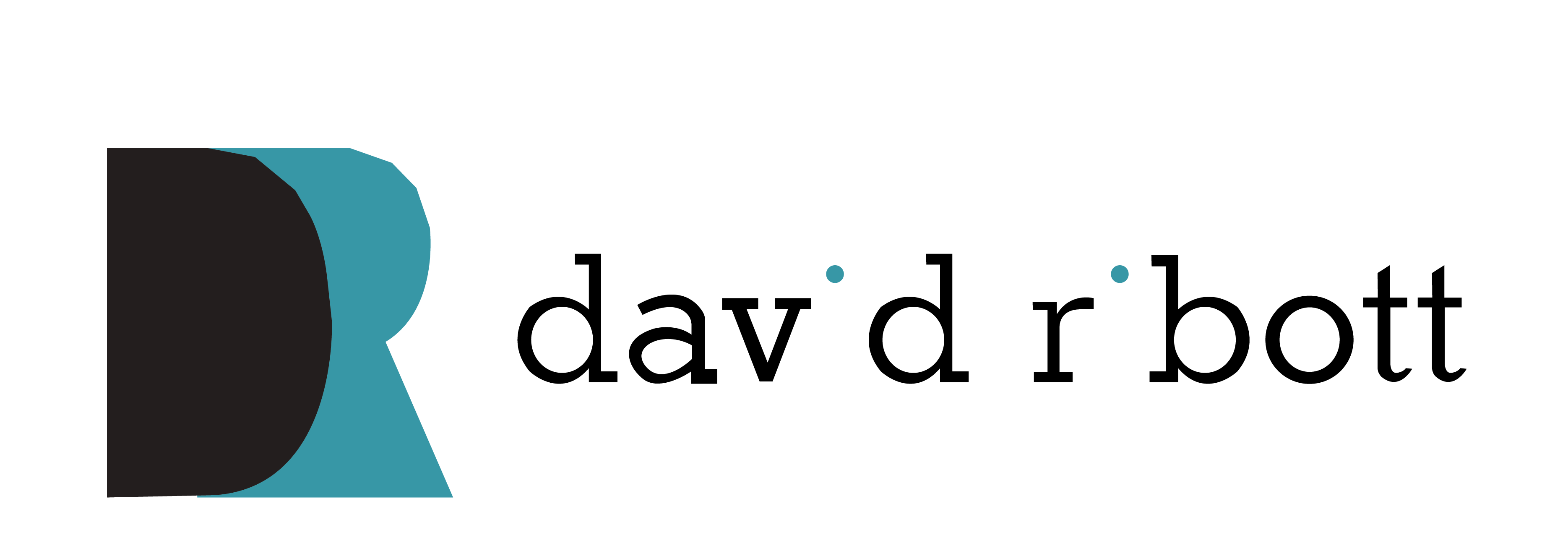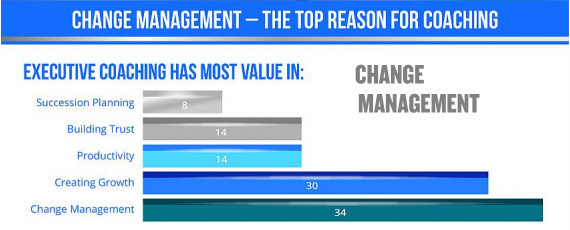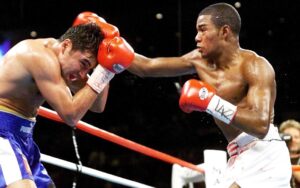Coaching is a powerful process that creates deep impact. And that impact can be transformational. Just see the Benefits of Coaching from the International Coach Federation.
Unfortunately, there are many niches you may find coaches operating within, which sometimes leads to contention and confusion when trying to define what a coach does and where a coach might add value.
As a coach who mentors coaches-in-training, I routinely get asked, “what else can I do with my skills and training to maximize my impact and potential work options?”
To help light a path for my fellow mentees (past, present, and future) and to move this stream of thought forward, let’s have a look at five roles within an organization a coach’s skills and training allow for a repositioning of talent to provide value-added for an organization.
Talent Development Subject-Matter-Expert:
Whether one is trained as a business coach, executive coach, or even as a life coach, they are well versed in how to identify and develop talent, help create a culture of accountability where responsibilities and what one delivers on are clearly defined and are bound by a commitment to time and quality.
“Management should consider that an effective way to attract and retain talent is to create an environment where talented people can develop.” – Deloitte
More experienced coaches are also able to contribute deeper expertise toward creating and furthering development of high potential / high performance individuals, which naturally aligns to Career Development Road-mapping, Leadership Development, and Succession Planning, permanent fixtures of the Learning & Development function.
Leadership Development Business Partner:
Along the spectrum of Talent Development also lies Leadership Development. Basic tenets of leadership development are helping leaders align vision and strategy with action, holding them accountable for said actions, and partnering with them to create awareness in areas they may be blind in the spirit of growth for the leader.
According to the Center for Creative Leadership (CCL), the Top 6 Leadership Challenges are Developing Managerial Effectiveness, Inspiring Others, Developing Employees, Leading a Team, Guiding Change, and Managing Internal Stakeholders and Politics.
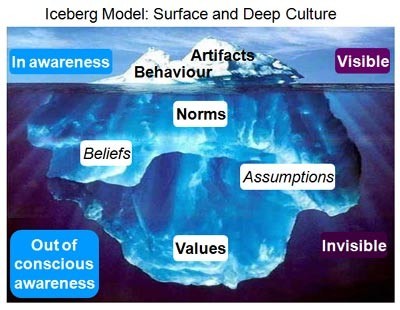
When we consider these challenges mapped against the Iceberg Model, a framework for depicting the pitfalls and nuances of navigating organizational culture, certified coaches working as Business Partners provide an ecosystem for leaders to test out their ability to handle and respond to challenge prompted by continuous feedback.
Moreover, the presence of a coach as a Leadership Development Business Partner reinforces a commitment to achieve the disciplined practice of leadership development as a process rather than a reactive, one-off, response to a deficit within the leader and / or organization.
See Anders Erickson’s Peak to fully realize the power of disciplined practice.
Change Manager / Change Specialist
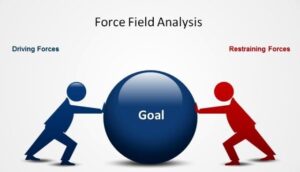
Change being named a Top 6 Leadership Challenge is not surprising, as I have previously blogged on this topic.
Just have a look at the numbers: – 70% of all change fails – 50% reverts to original start
The evolution of Change Management has spotlighted the gap in application of change theory to uncover the complement coaching brings to the change process.
More to the point, data from Sherpa Coaching’s latest annual report lists Change Management as the TOP REASON organization’s solicit the expertise of a coach.
Prosci, a leader in Change Management, also cites“an investment in coaching” as tantamount to organizations who want to increase the success of their change initiatives.
Since coaching is desirable during change, imagine if organizations strategically employed coaches in functional internal roles as managers / specialists by design rather then waiting for the need to change…….the impact would be even greater.
Instructional Designer / Facilitator of Learning:

From a coach’s training, and to again borrow from CCL, coaches are inherently familiar with the 70 / 20 / 10 model for that is the format coach certification training is built upon to deepen the development of coaches.
By design, each aspect of the model is meticulously exploited to reinforce disciplined practice by any coach-in-training toward coaching mastery. 70% is actual coaching practice, 20% is coach supervision led by a mentor coach, and 10% is theory to guide coaching practice.
In short, because of how coaches are trained and later cultivate their craft in mapping out how to help their clients achieve their goals, coaches KNOW how to design, develop, and deliver learning for maximum leadership and organizational impact.
Organizational Development Practitioner:
” Organizational health is one of the most powerful assets a company can build.” – Mckinsey&Company
And this now nicely leads us to coach in the role of an Organizational Development practitioner e.g. working under the proviso to improve efficiency and productivity, at the organizational level, while aligning the attitudes and values of employees for individual and organizational growth.
To capture the scope of this work, below are the nine dimensions tracked according to Mckinsey’s organizational health index, a tool designed to create awareness of the “recipe” that drives sustainable organizational development.
Notice that SIX of the nine domains: direction, accountability, leadership, innovation and learning, motivation, and culture and climate are areas where experienced coaches have expertise, and ultimately, can provide value-added.

There are certainly many more roles beyond the domain of traditional coach where a coach’s skills provides value-added to an organization, and you may know of them.
If there is a role that comes to mind, please share it in the comment box below.
I would love to hear from you…
